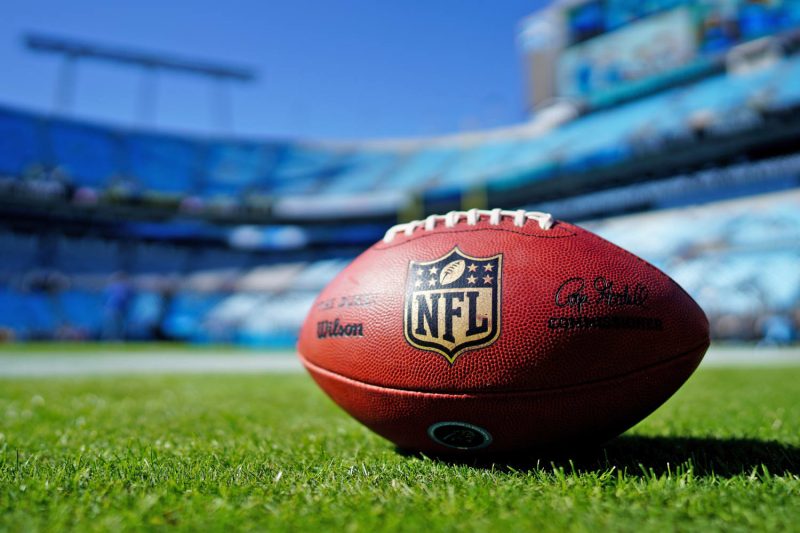In a significant move that could reshape the landscape of professional football, NFL owners have voted in favor of allowing private equity investment in the league. The decision, which was reached during a recent league meeting, marks a departure from the traditional ownership structure of the NFL and opens the door to new possibilities for the league’s financial future.
Private equity firms, known for their ability to raise substantial capital and drive growth in various industries, have long been interested in investing in professional sports leagues. With the NFL’s reputation as the most lucrative and popular sports league in the United States, the prospect of tapping into its financial success has surely been an appealing one for many private equity investors.
The approval of private equity investment in the NFL represents a notable shift in the league’s ownership model. Historically, NFL teams have been largely owned by individual or family entities, with strict guidelines in place to ensure that team owners have the financial capacity to support their franchises. The introduction of private equity investors into the mix brings a new dynamic to team ownership, potentially injecting fresh capital and expertise into the organizations.
One of the key arguments in favor of private equity investment in the NFL is the potential for enhanced revenue generation and long-term growth. Private equity firms are known for their ability to strategically invest in businesses, drive operational efficiencies, and maximize profitability. By partnering with private equity investors, NFL teams may gain access to additional resources and expertise that could help them increase their revenue streams, improve their competitiveness, and strengthen their long-term sustainability.
However, the decision to allow private equity investment in the NFL is not without its critics and concerns. Some traditionalists within the league may view this move as a departure from the core values and traditions of the NFL, which has long prided itself on its community-based ownership structure. There are also questions about the potential influence that private equity investors could have on the decision-making processes within NFL teams, and whether their priorities align with the long-term interests of the league and its fans.
Ultimately, the approval of private equity investment in the NFL opens up a new chapter in the league’s history, one that will likely be closely watched and debated in the coming years. It remains to be seen how this decision will impact the financial landscape of the NFL, the operations of individual teams, and the overall fan experience. As the league moves forward with this new ownership model, it will be essential for all stakeholders to carefully navigate the opportunities and challenges that lie ahead to ensure the continued success and integrity of professional football in the United States.

